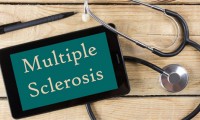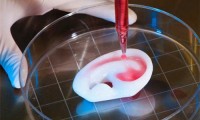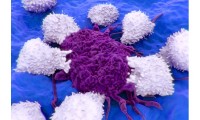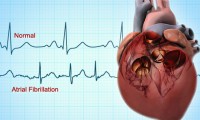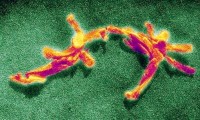-
Neurons’ sugar coating is essential for long-term memories
- Source: medicalxpress
- 408
- December 28, 2017
-
Blood test offers new way to monitor disease activity
- Source: medicalnewstoday
- 614
- December 1, 2017
-
Medical Products for Human Use
- Source: ec.europa.eu
- 634
- November 28, 2017
-
New cell death mechanism revealed
- Source: drugdu
- 714
- November 24, 2017
-
Scientists discover potential treatment to stop glaucoma in its tracks
- Source: Medicalxpress
- 492
- November 7, 2017
-
Blood thinners slash dementia risk in A-fib patients
- Source: medicalnewstoday
- 601
- October 26, 2017
-
New synthetic genetic tool measures and manipulates protein aggregation in live cells
- Source: news-medical
- 398
- October 25, 2017
-
Siemens gets CE-Mark for MR scanner Magnetom Terra
- Source: medicaldevice
- 540
- August 24, 2017
your submission has already been received.
OK
Subscribe
Please enter a valid Email address!
Submit
The most relevant industry news & insight will be sent to you every two weeks.



